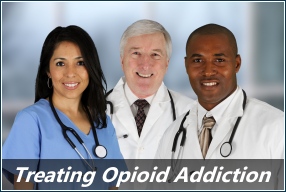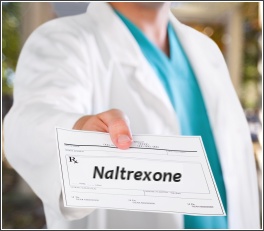 BrightView provides high quality addiction treatment with a specialty in opioid addiction recovery. Currently, the organization operates in six states: Ohio, Kentucky, Virginia, Delaware, North Carolina, and Massachusetts.
BrightView provides high quality addiction treatment with a specialty in opioid addiction recovery. Currently, the organization operates in six states: Ohio, Kentucky, Virginia, Delaware, North Carolina, and Massachusetts.
BrightView was originally founded by a doctor, a lawyer, and a businessman with the intent of transforming addiction medicine. In Cincinnati, opioid addiction had severely impacted the local community as it had done in so many other areas of the country.
Consequently, BrightView founders wanted to design a system of service delivery that would make it easy for people affected by opioid addiction to get the help they needed with minimal obstacles and delays.
While most BrightView clinics specialize in the use of buprenorphine, suboxone, and vivitrol, several clinics also offer methadone. Their recovery model is built upon a combination of top tier medication-assisted treatment in conjunction with counseling and behavioral therapies.
In addition to opioid-specific treatment services, BrightView also offers specialized treatment for alcohol, methamphetamine, and other substance use disorders. Being patient-centered is a hallmark of the company’s approach to helping.
Most BrightView facilities can see a patient within 24 hours of calling for an appointment. If interested in contacting BrightView, you can reach them at 866-928-5995.

 Follow
Follow

 The science of treating opioid addiction has become increasingly popular in both medical circles and in the addiction treatment community.
The science of treating opioid addiction has become increasingly popular in both medical circles and in the addiction treatment community.  Naltrexone is an opioid treatment medication that works very differently than either methadone or buprenorphine.
Naltrexone is an opioid treatment medication that works very differently than either methadone or buprenorphine.


